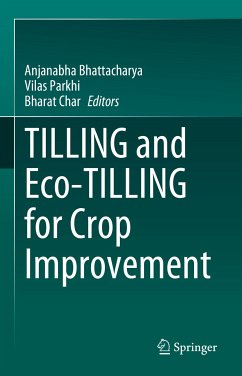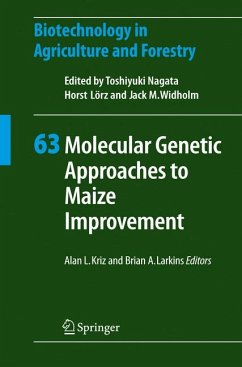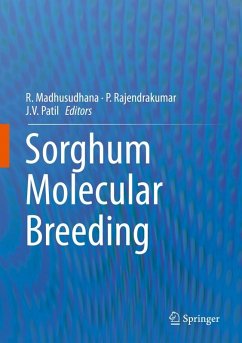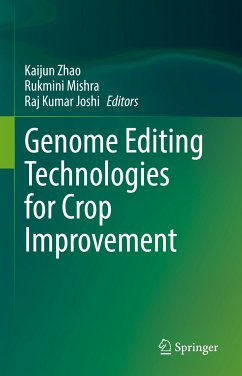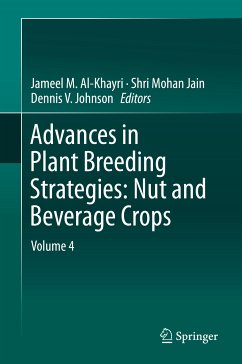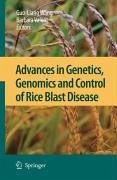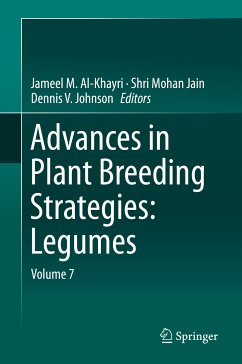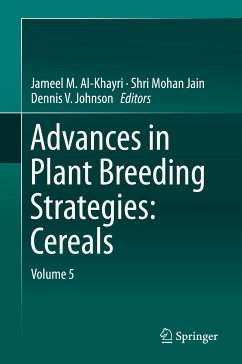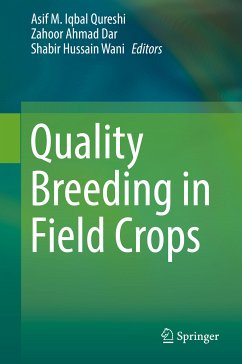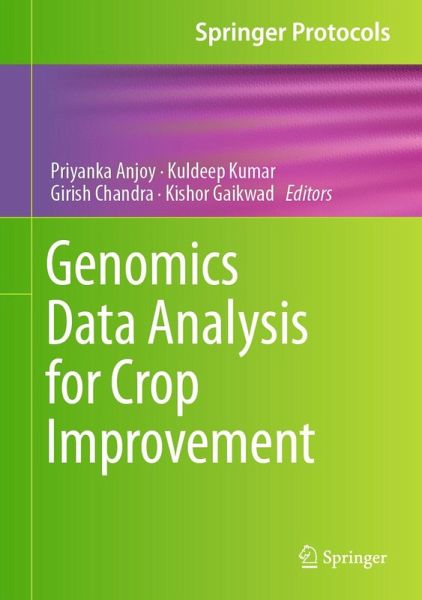
Genomics Data Analysis for Crop Improvement (eBook, PDF)
Versandkostenfrei!
Sofort per Download lieferbar
136,95 €
inkl. MwSt.
Weitere Ausgaben:

PAYBACK Punkte
68 °P sammeln!
This book addresses complex problems associated with crop improvement programs, using a wide range of programming solutions, for genomics data handling and sustainable agriculture. It describes important concepts in genomics data analysis and sequence-based mapping approaches along with references. The book contains 16 chapters on recent developments in several methods of genomic data analysis for crop improvements and sustainable agriculture, all authored by eminent researchers who are experts in their fields. These chapters focus on applications of a wide range of key bioinformatics topics, ...
This book addresses complex problems associated with crop improvement programs, using a wide range of programming solutions, for genomics data handling and sustainable agriculture. It describes important concepts in genomics data analysis and sequence-based mapping approaches along with references. The book contains 16 chapters on recent developments in several methods of genomic data analysis for crop improvements and sustainable agriculture, all authored by eminent researchers who are experts in their fields. These chapters focus on applications of a wide range of key bioinformatics topics, including assembly, annotation, and visualization of next-generation sequencing (NGS) data; expression profiles of coding and noncoding RNA; statistical and quantitative genetics; trait-based association analysis, quantitative trait loci (QTL) mapping, and artificial intelligence in genomic studies.
Real examples and case studies in the book will come in handy when applying the techniques. The relative scarcity of reference materials covering bioinformatics applications as compared with the readily available books also enhances the utility of this book. The targeted readers of the book are scientists, researchers, and bioinformaticians from genomics and advanced breeding in different areas. The book will appeal to the applied researchers engaged in crop improvements and sustainable agriculture by using bioinformatics tools, students, research project leaders, and practitioners from the various marginal disciplines and interdisciplinary research.
Real examples and case studies in the book will come in handy when applying the techniques. The relative scarcity of reference materials covering bioinformatics applications as compared with the readily available books also enhances the utility of this book. The targeted readers of the book are scientists, researchers, and bioinformaticians from genomics and advanced breeding in different areas. The book will appeal to the applied researchers engaged in crop improvements and sustainable agriculture by using bioinformatics tools, students, research project leaders, and practitioners from the various marginal disciplines and interdisciplinary research.
Dieser Download kann aus rechtlichen Gründen nur mit Rechnungsadresse in A, B, BG, CY, CZ, D, DK, EW, E, FIN, F, GR, HR, H, IRL, I, LT, L, LR, M, NL, PL, P, R, S, SLO, SK ausgeliefert werden.



